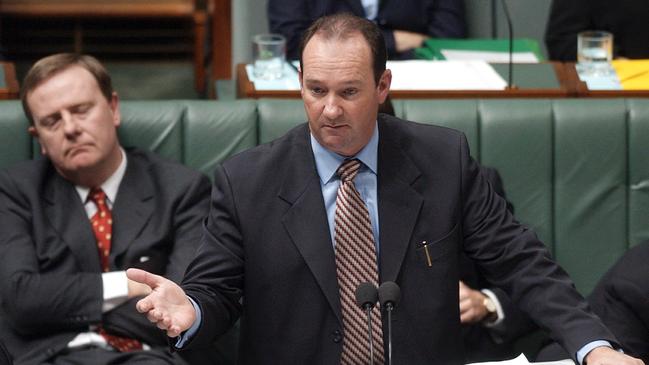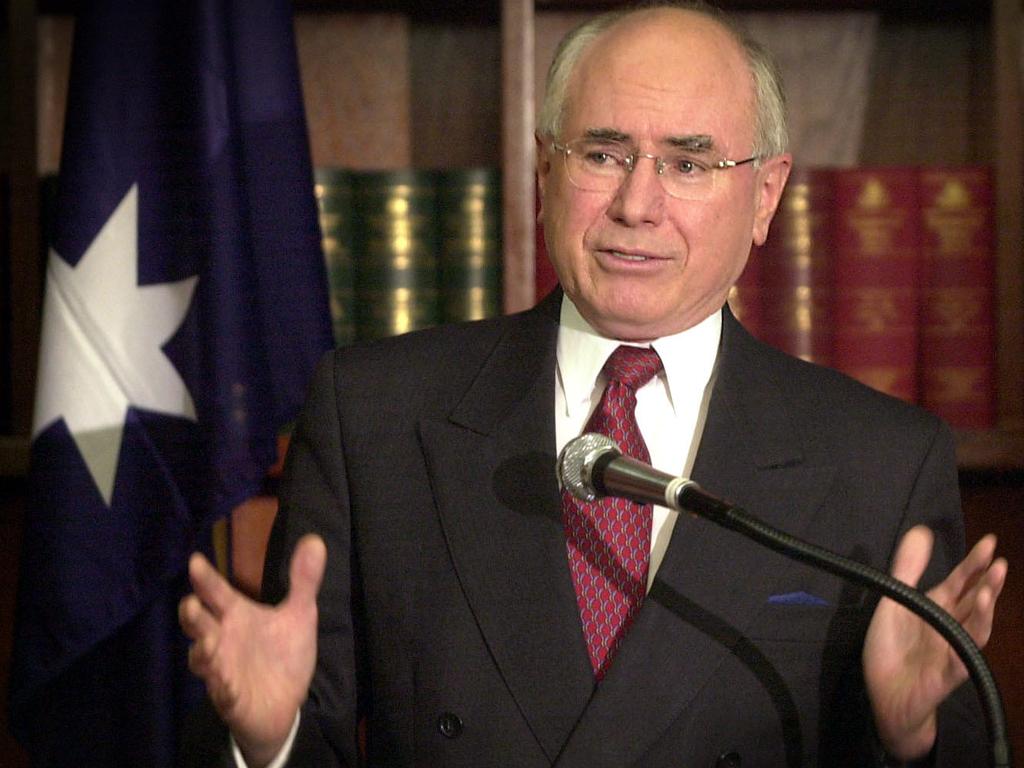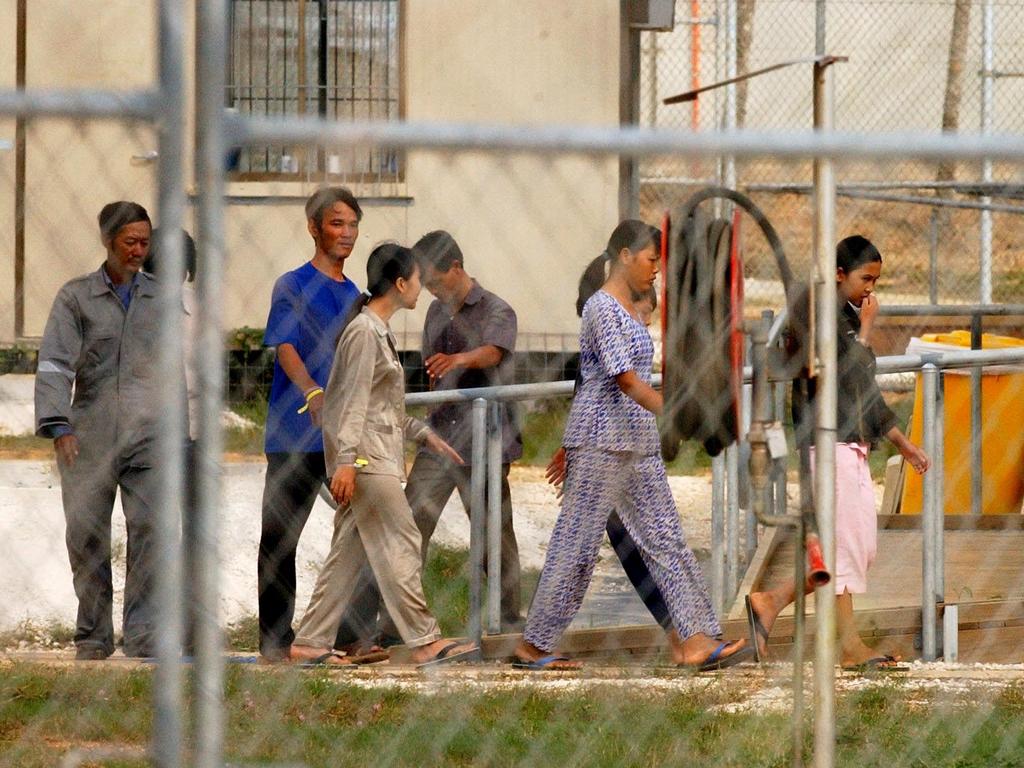Howard cabinet papers reveal China trade woes and early US pressure over Australian Wheat Board
The US raised concerns in early 2003 about organisations like AWB Ltd, which was later found to have contravened UN sanctions and provided money to Saddam Hussein’s regime.

The Howard government in 2003 was worried about international perceptions if Australia were to become the first major country to recognise China as a market economy while laying the groundwork to negotiate a free-trade agreement.
Unsealed cabinet papers also reveal the extent to which the US administration of George W. Bush was pressuring Australia for its single-desk agricultural marketing arrangements, such as that of the Australian Wheat Board before it was overhauled following global condemnation for providing kickbacks to Saddam Hussein’s regime.
China became a member of the World Trade Organisation in 2001 and two years later wanted to enjoy full trade benefits under the system. It sought acceptance as a market economy instead of a transitional one and indicated to the Australian government that groundwork for FTA negotiations would be conditional on this acceptance. China also demanded Australia not apply China’s commitments on certain protectionist measures.
“My officials … have emphasised that recognition of China as a market economy would be a major step for Australia and one which would attract considerable international attention,” then trade minister Mark Vaile wrote. “No other major country has recognised China as a market economy.”

He said recognising China as a market economy and overlooking China’s commitments would make it “likely that Australia will be criticised by the United States and perhaps the European Union for undermining international efforts to ensure that China fully implements its WTO accession commitments”.
The cabinet was also wary of criticism the government could sustain for seeking closer trade ties with a nation that was then under criticism for its alleged human rights violations, including in Tibet.
“Opposition to closer trade ties on human rights grounds should be rejected directly and forthrightly on national interest grounds, pointing to the employment and growth benefits already generated by our trade with China,” the draft public communication strategy presented to cabinet read.
The cabinet documents also reveal Australia’s single-desk agricultural marketing arrangement was a major source of friction during FTA talks with the US, and Australian ministers were prepared to defend the arrangement at two WTO forums that year.
As the FTA talks continued, the documents say elimination of single-desk arrangements on wheat, barley, sugar, and rice was on the US representative’s formal list of negotiating objectives.
This was “well beyond what [Australia] could accept”, another document read.
A UN inquiry later found AWB gave over $US200m, through an intermediary, to the sanctioned Iraqi regime.







To join the conversation, please log in. Don't have an account? Register
Join the conversation, you are commenting as Logout